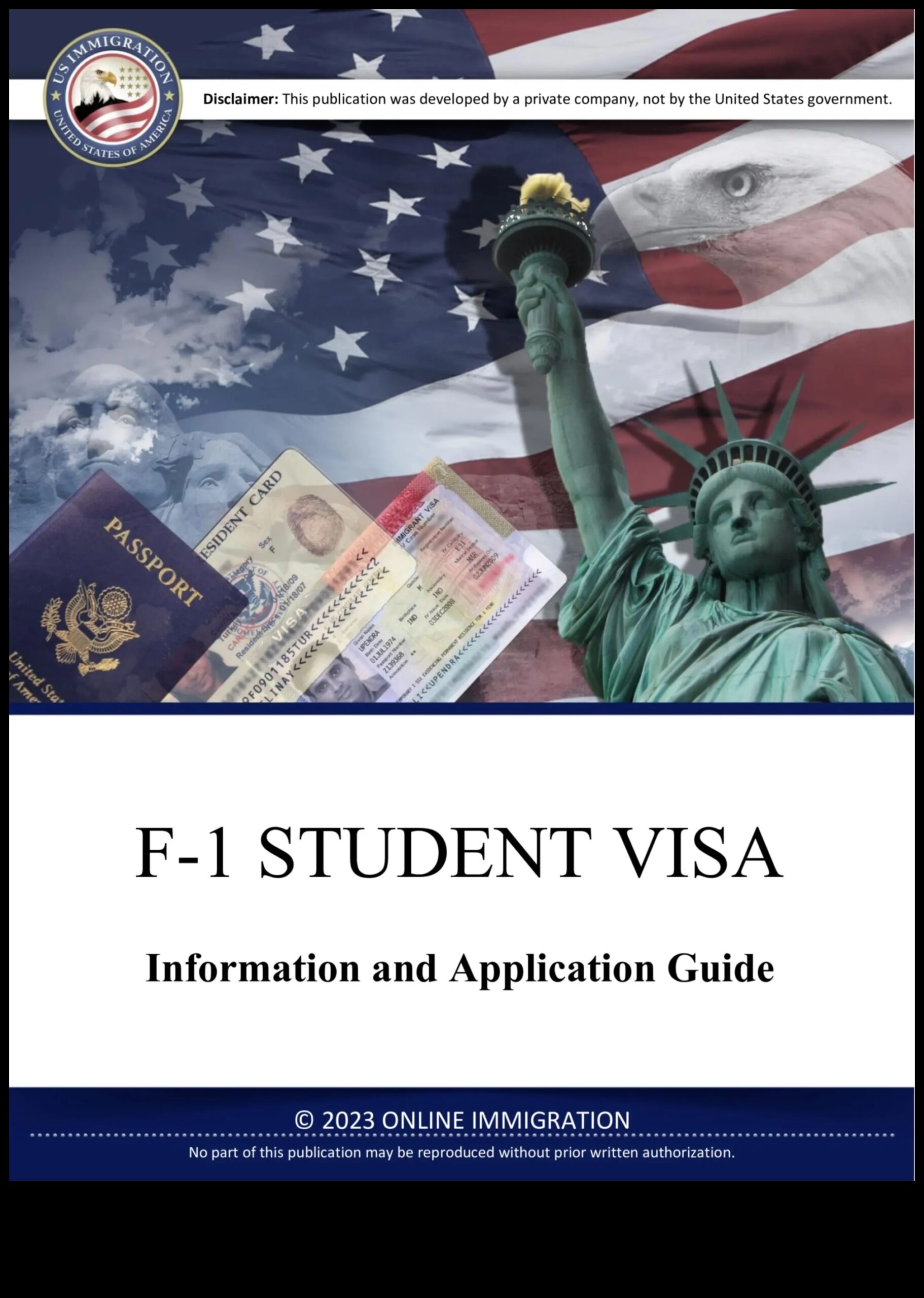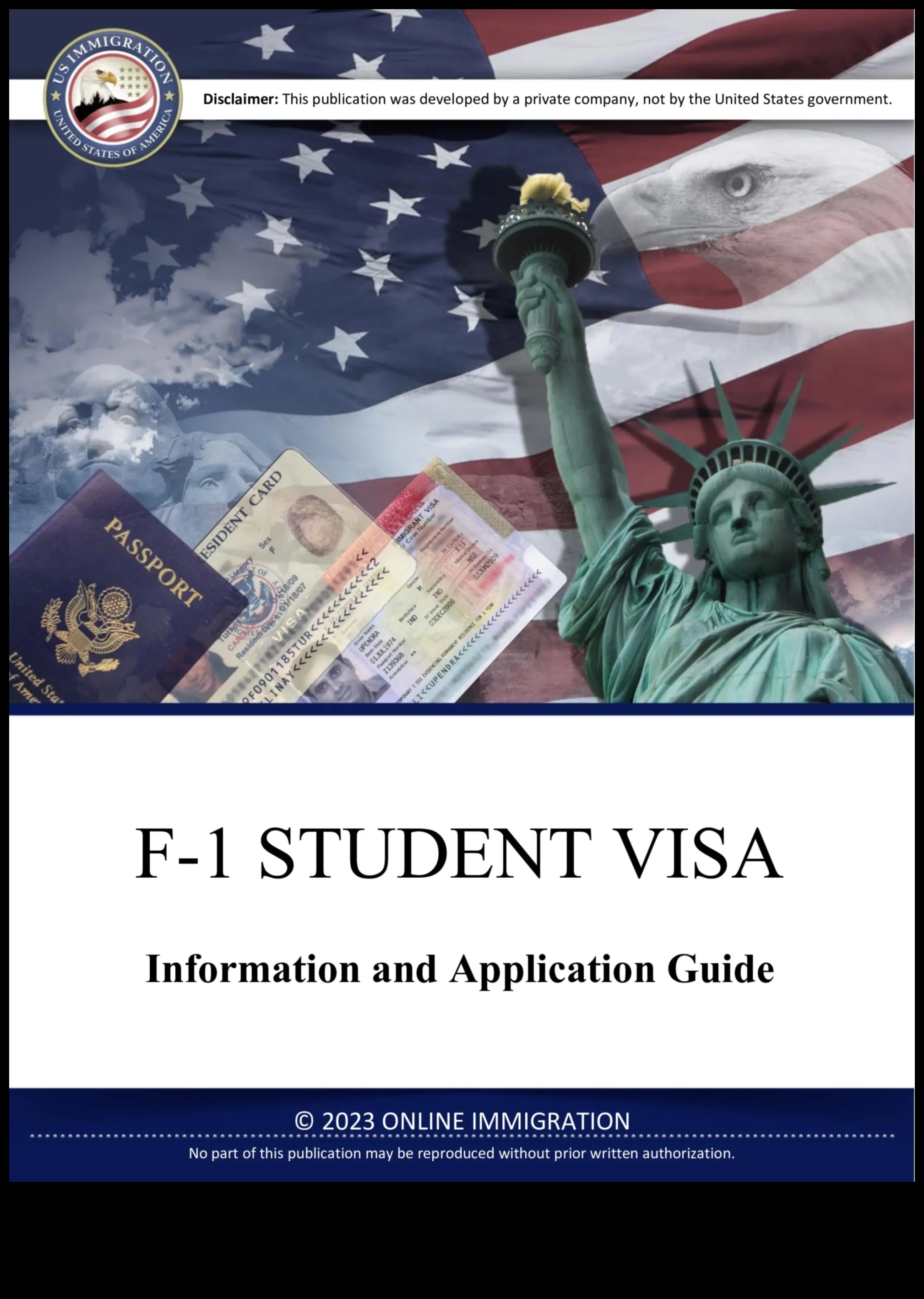
How to Start an Online Business While on an F1 Visa
F1 visa holders are not allowed to work in the United States, so they are looking for ways to start an online business that they can run from their home country.
This guide will provide you with the information you need to start an online business while on an F1 visa. We will cover topics such as:
- F1 visa eligibility requirements
- How to choose the right business structure
- Getting the necessary licenses and permits
- Filing taxes as an F1 visa holder
- Marketing your online business
- Managing your finances
- Dealing with challenges
By the end of this guide, you will have the knowledge and resources you need to start your own successful online business.
| LSI Keywords | Answer |
|---|---|
| f1 visa | F1 visa holders are not allowed to work in the United States, so they are looking for ways to start an online business that they can run from their home country. |
| online business | There are many different ways to start an online business, but some of the most popular options include selling products on an online marketplace, creating a blog or website, or providing a service online. |
| start a business | The process of starting an online business is relatively simple, but there are a few important steps that you need to take in order to ensure your success. |
| uscis | The U.S. Citizenship and Immigration Services (USCIS) is the federal agency responsible for immigration in the United States. |
| entrepreneurship | Entrepreneurship is the process of starting and running a new business. |

II. F1 visa eligibility requirements
In order to be eligible for an F1 visa, you must be a citizen of a country other than the United States and be enrolled in a full-time degree program at an accredited U.S. school. You must also demonstrate that you have sufficient funds to support yourself during your stay in the United States.
If you are approved for an F1 visa, you will be allowed to stay in the United States for the duration of your academic program. However, you are not allowed to work in the United States while on an F1 visa.
If you want to start an online business while on an F1 visa, you will need to find a way to do so without violating the terms of your visa. This may mean hiring employees to work for you in the United States, or outsourcing your work to freelancers or contractors.
It is important to note that the U.S. Citizenship and Immigration Services (USCIS) has the authority to revoke your F1 visa if they determine that you are working in the United States without authorization. Therefore, it is important to take steps to ensure that you are in compliance with the terms of your visa.
How to start an online business while on an F1 visa
There are a few things that you need to do in order to start an online business while on an F1 visa.
- You need to have a valid F1 visa.
- You need to be enrolled in a full-time degree program at an accredited U.S. college or university.
- You need to have a Social Security number.
- You need to file a Form I-9 with your employer.
Once you have met these requirements, you can start the process of starting your online business.
Here are the steps involved:
- Choose a business idea.
- Write a business plan.
- Get the necessary licenses and permits.
- Set up your business entity.
- Create a website and marketing plan.
- Start selling your products or services.
- Manage your finances.
- File taxes.
Starting an online business while on an F1 visa can be a great way to earn money and gain valuable experience. However, it is important to be aware of the legal requirements and to follow the proper steps.
IV. Choosing the right business structure
There are many different business structures available to F1 visa holders, each with its own advantages and disadvantages. The best structure for you will depend on your specific needs and circumstances.
Some of the factors you will need to consider when choosing a business structure include:
- Your personal liability
- Your tax liability
- Your future plans for the business
Here is a brief overview of the most common business structures for F1 visa holders:
- Sole proprietorship: A sole proprietorship is the simplest and least expensive business structure to set up. However, it also offers the least protection from personal liability.
- Partnership: A partnership is a business owned by two or more people. Partnerships can be general partnerships, in which all partners share equally in the profits and losses, or limited partnerships, in which some partners are only liable for their own investment.
- Corporation: A corporation is a separate legal entity from its owners. This means that the corporation’s debts and liabilities are not the personal responsibility of its shareholders. Corporations are more complex and expensive to set up than other business structures, but they offer the most protection from personal liability.
- Limited liability company (LLC): An LLC is a hybrid business structure that offers the limited liability of a corporation with the pass-through taxation of a partnership. LLCs are a popular choice for F1 visa holders because they offer a good balance of protection from personal liability and tax efficiency.
If you are unsure which business structure is right for you, it is a good idea to consult with an attorney or accountant.
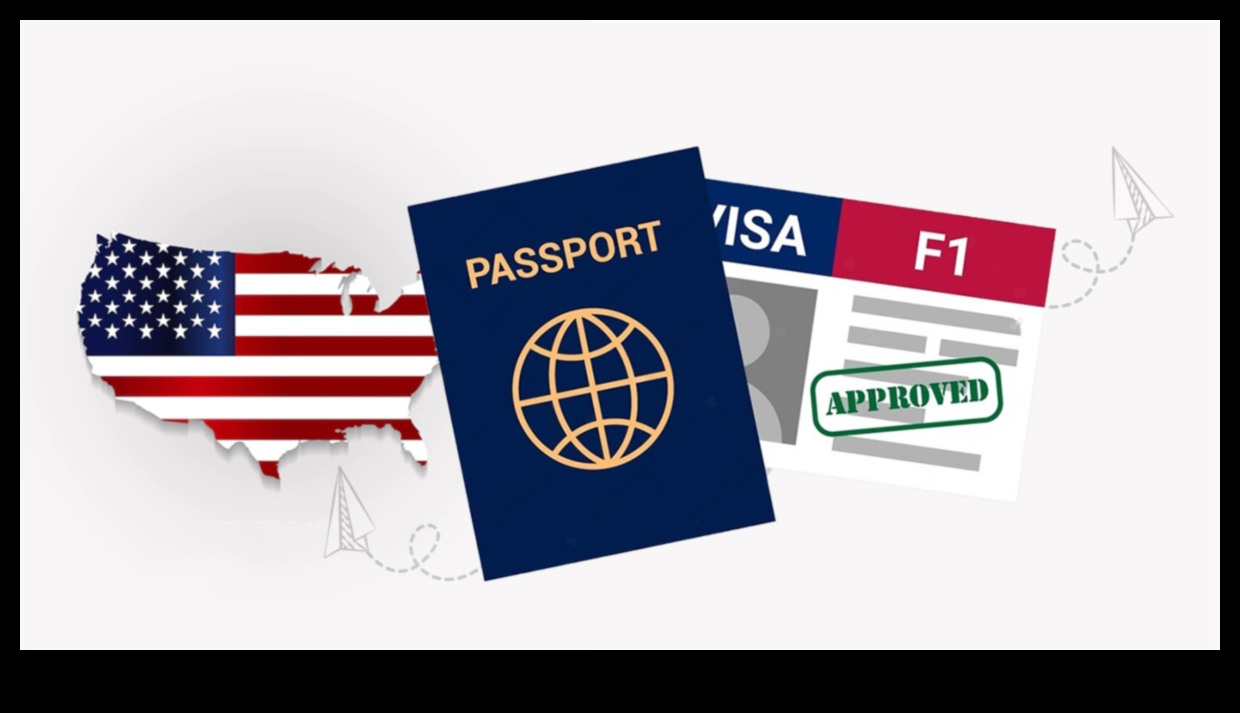
V. Getting the necessary licenses and permits
As an F1 visa holder, you may need to obtain certain licenses and permits in order to start and operate your online business. The specific licenses and permits that you need will vary depending on the type of business you are starting and the state in which you are located.
Some of the most common licenses and permits that F1 visa holders need include:
- A business license
- A seller’s permit
- A tax identification number
- A zoning permit
- A health permit
You can find more information about the specific licenses and permits that you need by contacting your local city or county government.
It is important to note that you may not be able to obtain all of the necessary licenses and permits until you have received your EAD card. This is because some licenses and permits require you to have a Social Security number, which you will not be able to get until you have received your EAD card.
If you are unable to obtain all of the necessary licenses and permits before you start your business, you should still be able to operate your business, but you may be subject to fines or other penalties.
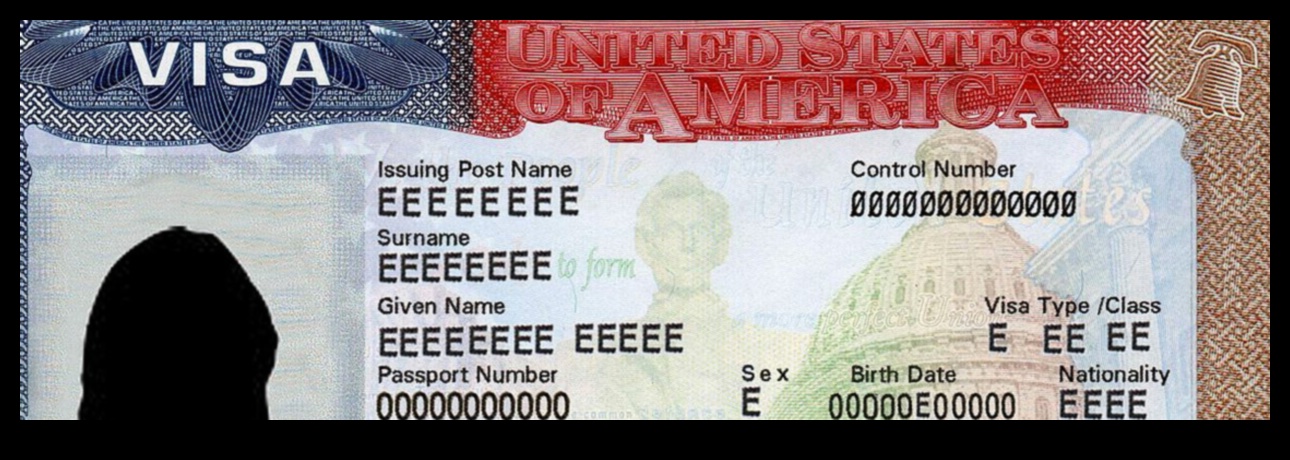
VI. Filing taxes as an F1 visa holder
As an F1 visa holder, you are required to file taxes in the United States. This includes filing a federal income tax return and any state income tax returns that may be required.
The filing requirements for F1 visa holders are the same as for any other resident alien. This means that you must file a tax return if you have a filing requirement, even if you do not have any income.
The most common filing requirement for F1 visa holders is the requirement to file a federal income tax return if you have earned income of more than $12,400. However, there are other filing requirements that you may also need to meet, such as the requirement to file a tax return if you have any self-employment income or if you have received any foreign income.
You can find more information about the filing requirements for F1 visa holders on the IRS website.
When filing your taxes, you will need to use your F1 visa number as your taxpayer identification number (TIN). You can find your F1 visa number on your I-94 card.
You can file your taxes online, by mail, or by phone. If you are filing your taxes online, you can use the IRS Free File program.
If you need help filing your taxes, you can contact the IRS for assistance.
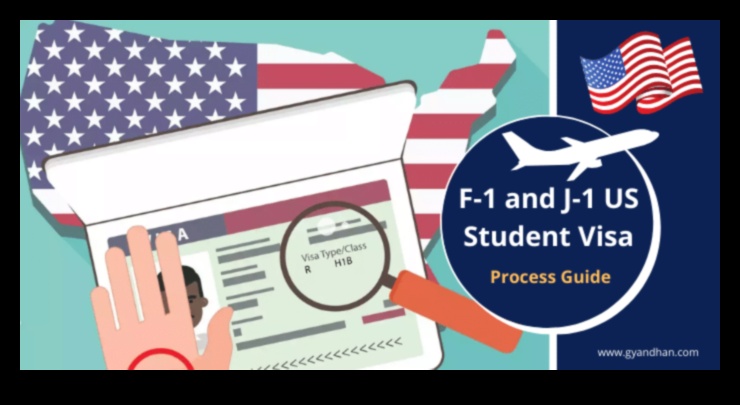
VII. Marketing your online business
Once you have started your online business, you need to market it to potential customers. There are a number of ways to do this, including:
- Search engine optimization (SEO): This involves optimizing your website so that it appears higher in search engine results pages (SERPs).
- Pay-per-click (PPC) advertising: This involves paying a small fee each time someone clicks on your ad.
- Social media marketing: This involves using social media platforms such as Facebook, Twitter, and Instagram to promote your business.
- Content marketing: This involves creating and publishing valuable content that attracts and engages potential customers.
By using a combination of these marketing methods, you can reach a wider audience and attract more customers to your online business.
Managing your finances
As an F1 visa holder, you will need to carefully manage your finances in order to ensure that you are able to meet your living expenses and save for the future. Here are a few tips for managing your finances as an F1 visa holder:
- Create a budget and stick to it. This will help you to track your spending and ensure that you are not overspending.
- Set aside savings each month. This will help you to build up a financial cushion in case of emergencies.
- Invest in your education. This is an investment in your future and will help you to earn a higher salary in the long run.
- Seek financial advice from a qualified professional. They can help you to make the most of your money and reach your financial goals.
IX. Dealing with challenges
As an F1 visa holder, there are a number of challenges that you may face when starting an online business. These challenges include:
Lack of legal status: F1 visa holders are not allowed to work in the United States, so they must be careful not to violate their visa status. This means that you must be careful not to engage in any activities that could be considered work, such as hiring employees, paying yourself a salary, or taking on clients.
Currency conversion: If you are based in a country with a different currency than the United States, you will need to deal with the challenges of currency conversion. This can be a complex and time-consuming process, and it can also lead to unexpected costs.
Taxation: F1 visa holders are subject to US tax laws, even if they are not physically present in the United States. This means that you will need to file US tax returns and pay taxes on your income.
Marketing: Marketing your online business to customers in the United States can be challenging, especially if you are based in a different country. You will need to find ways to reach your target audience and make sure that your website is accessible to US customers.
Despite these challenges, it is still possible to start and run a successful online business as an F1 visa holder. By understanding the challenges and taking steps to mitigate them, you can increase your chances of success.
X. FAQ
Q: How do I start an online business as an F1 visa holder?
A: There are a few things you need to do in order to start an online business as an F1 visa holder. First, you need to make sure that your online business is legal under the terms of your visa. Second, you need to choose the right business structure for your online business. Third, you need to get the necessary licenses and permits for your online business. Finally, you need to file taxes for your online business.
Q: What are the legal requirements for starting an online business as an F1 visa holder?
The legal requirements for starting an online business as an F1 visa holder vary depending on the country where you are located. In general, you will need to make sure that your online business is legal under the laws of the country where you are located. You may also need to obtain a business license or permit from the government of the country where you are located.
Q: What are the best platforms for starting an online business as an F1 visa holder?
There are a number of different platforms that you can use to start an online business as an F1 visa holder. Some of the most popular platforms include Shopify, WooCommerce, and Etsy. These platforms make it easy to set up an online store and start selling products or services.
Q: How can I market my online business to customers in the United States?
There are a number of different ways to market your online business to customers in the United States. Some of the most effective methods include paid advertising, social media marketing, and email marketing.
